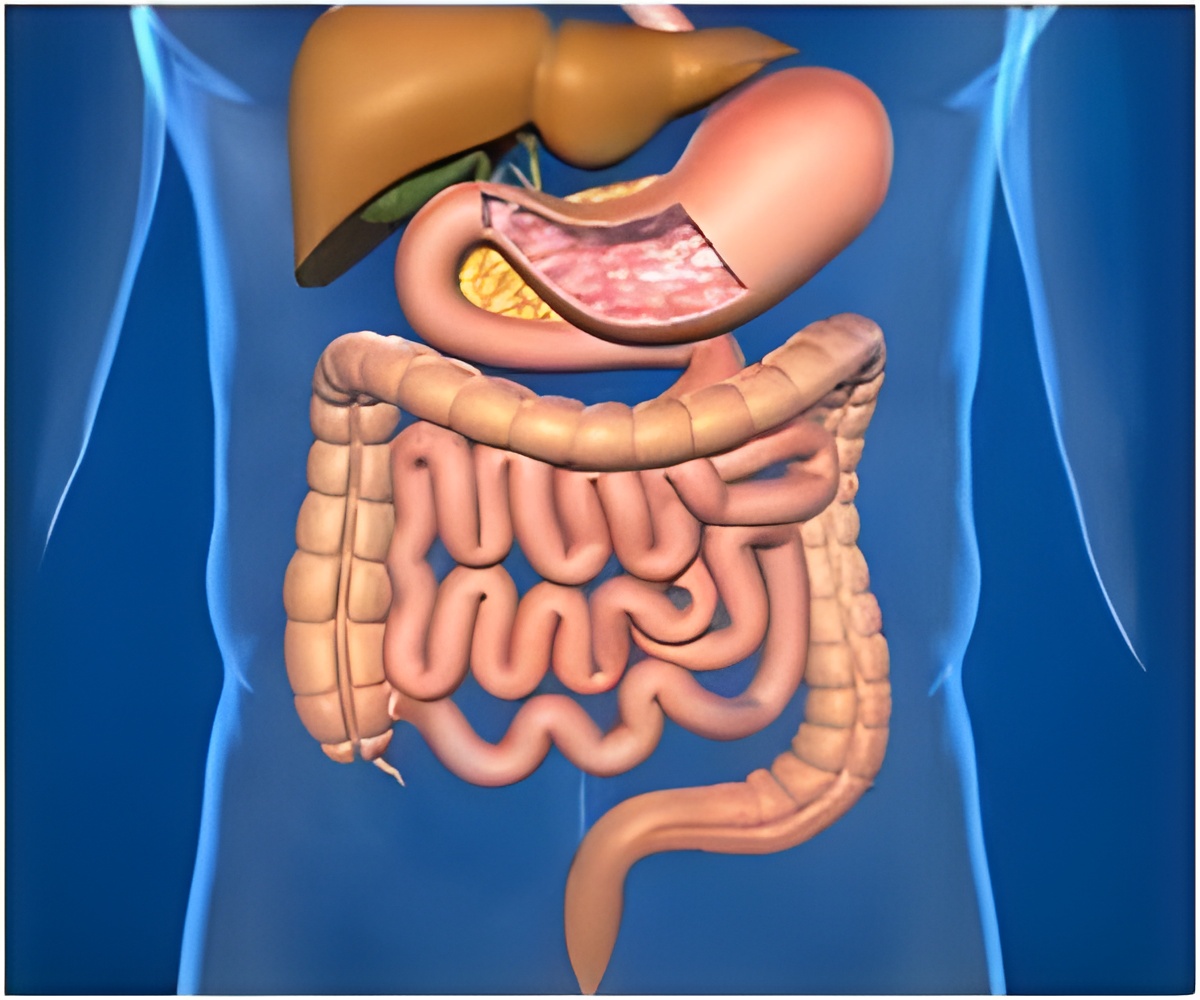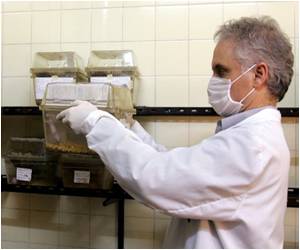Scientists have identified that pancreatic cancer cells growth and spread are fueled by an unusual metabolic pathway that someday might be blocked with targeted drugs to control the deadly cancer.

"Pancreatic cancer cells have painted themselves into a metabolic bottleneck," said Dana-Farber's Alec Kimmelman, MD, PhD, co-senior author of the publication with Lewis Cantley, PhD, of Weill Cornell Medical College. Their research showed "that if you suppress any enzyme in that pathway, the cancer cells cannot effectively compensate and they can no longer grow," Kimmelman said.
Moreover, the investigators said, this novel glutamine pathway in pancreatic tumors does not appear to be important for normal cells, suggesting that inhibitor drugs could block cancer cells growth without harming healthy tissues and organs.
"We don't have a drug to do this in humans," Kimmelman said, "but we are working on inhibitors of enzymes in the glutamine pathway."
The research showed that the cancer gene KRAS, which is the "signature" genetic mutation occurring in pancreatic cancer, directs the metabolic rewiring that creates the tumors dependence on the glutamine pathway. KRAS, Kimmelman explained, changes the expression of key enzymes that maintain this pathway.
Pancreatic cancer is one of the most lethal and treatment-resistant of all cancers, with a dismal survival rate, and scientists have been searching for any vulnerability that could be exploited. One of the newer strategies in cancer research is studying the metabolic differences between cancer cells and normal cells with the goal of depriving tumors of their fuel.
Advertisement
If drugs can be developed to shut down the glutamine pathway, Kimmelman suggested, they might make pancreatic tumors more susceptible to standard treatments, such as radiation and chemotherapy, that cause free radicals to accumulate in cancer cells.
Advertisement
The research was supported in part by National Cancer Institute grant RO1 CA157490 and grants T32 CA009382-26 and P01 CA117969.
Source-Newswise















